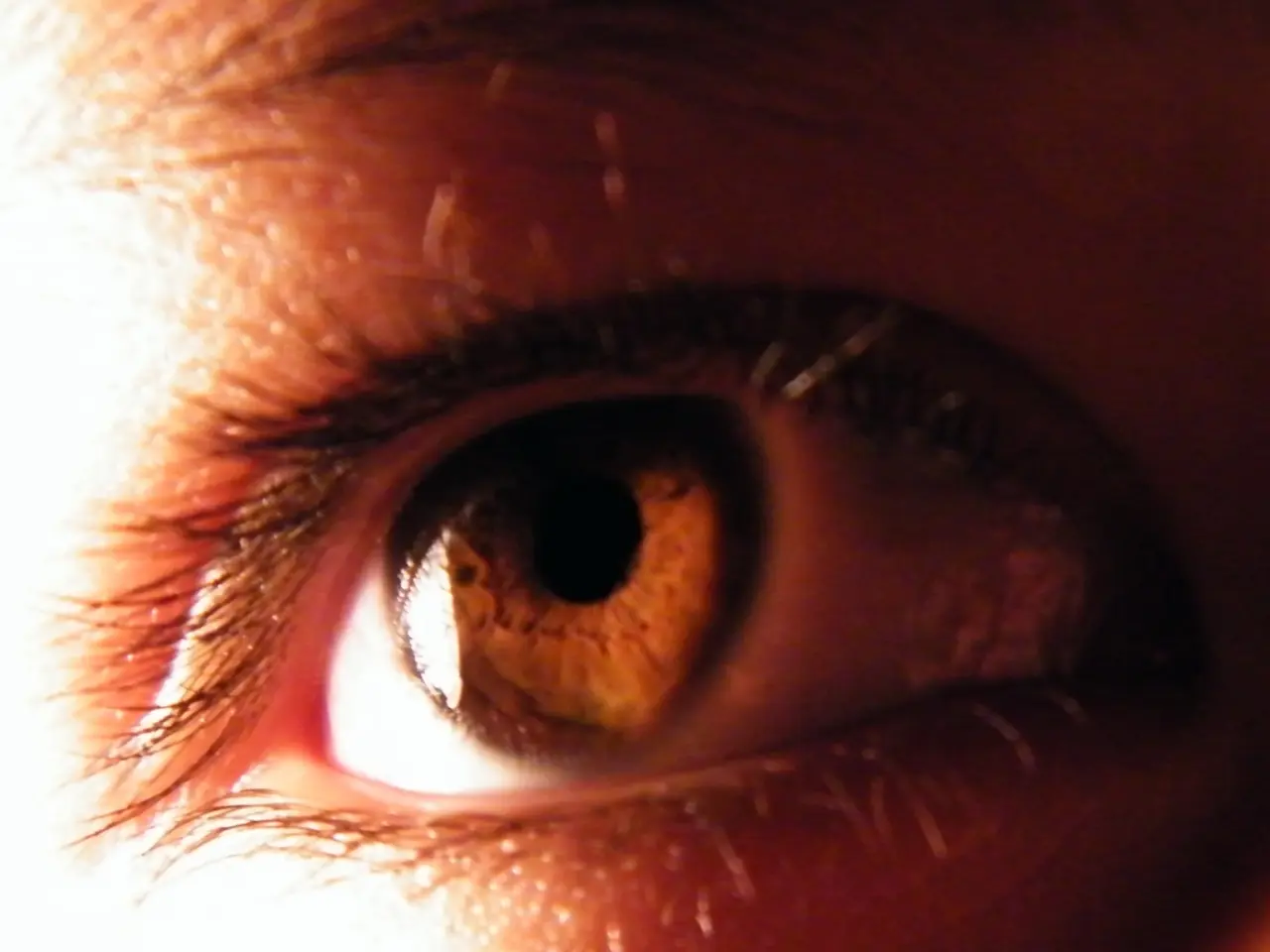Facial Eczema Treatment Plan: Detailed Instructions
Managing Facial Eczema: A Comprehensive Guide
Eczema, a chronic inflammatory skin condition, can cause dry, itchy, and inflamed skin, particularly on the face. Understanding your skin type and adopting a tailored skincare routine can help manage symptoms effectively.
Identifying Your Skin Type
Understanding your skin type - oily, dry, or combination - is crucial when selecting the right products. This knowledge helps ensure that your skincare routine caters to your specific needs, providing optimal care for your skin.
Consulting a Dermatologist
Regularly consulting with a dermatologist can help identify and manage triggers specific to your condition. They can provide personalized advice, recommend treatments, or suggest lifestyle adjustments based on your unique situation.
Choosing Eczema-Friendly Products
People with eczema should use gentle products free of dyes and harsh chemicals to avoid irritating the skin. Opt for skincare products specifically formulated for eczema or sensitive skin, such as those containing ceramides, hyaluronic acid, or colloidal oatmeal. Look for products labeled "dye-free" and "hypoallergenic," and avoid ingredients like alcohol, sulfates, parabens, and formaldehyde.
Identifying Triggers
To help identify specific triggers, keep a symptom diary and perform patch testing. Recognizing the situations or factors that cause you stress is also essential, as stress is a known trigger for eczema. Learn to incorporate relaxation techniques like deep breathing, meditation, yoga, or regular physical activity into your routine to manage stress levels.
Creating an Eczema-Friendly Skincare Routine
Effective skincare routines for managing facial eczema focus on protecting the skin barrier, reducing irritation, and maintaining hydration through gentle cleansing and frequent moisturizing with eczema-friendly products.
- Use gentle, fragrance-free cleansers with lukewarm water, avoiding harsh soaps and hot water that strip oils and worsen inflammation. Limit cleansing time to 10–15 minutes.
- Apply thick, creamy moisturizers immediately after bathing (within 3 minutes) to lock in moisture. Look for ingredients such as ceramides, colloidal oatmeal, shea butter, glycerin, petrolatum, hyaluronic acid, and panthenol, which help restore the skin barrier, soothe itchiness, and retain hydration.
- Avoid products with artificial fragrances, alcohol, essential oils (tea tree, peppermint), harsh exfoliants (glycolic acid), and scrubs or loofahs, as these can further irritate eczema-prone skin.
- For flare-ups, use short-term anti-inflammatory topical treatments like low-concentration hydrocortisone cream (0.1%) for no longer than 2–3 days to reduce redness and inflammation before returning to regular moisturizing barrier-care products.
- Incorporate mineral-based sunscreens (zinc oxide or titanium dioxide) in daytime routines to protect sensitive skin without causing irritation.
A Simple Eczema-Friendly Facial Skincare Routine Example
| Step | Morning | Evening | |----------------|------------------------------------|-------------------------------------| | Cleanse | Gentle, fragrance-free cleanser | Lukewarm rinse or gentle cleanser | | Moisturize | Cream with ceramides | Thick moisturizer or ointment | | Sun Protection | Mineral-based sunscreen | — | | Optional | — | Short-term hydrocortisone cream if flare |
This approach helps maintain skin hydration, strengthens the barrier, and minimizes irritation and flare-ups typical in facial eczema.
Managing Common Eczema Triggers
Common eczema triggers include allergens, irritants, environmental factors, stress, infections, dietary triggers, sweat, and friction. To manage these triggers, consider the following tips:
- Use a humidifier during dry, cold months to maintain moisture in the air and prevent the skin from becoming too dry, which can trigger eczema.
- Protect your skin from extreme cold and excessive heat. Dress appropriately for the weather and stay in comfortable environments.
- Bathe with care, limiting bath time to 10-15 minutes, using lukewarm water, and opting for mild, soap-free cleansers.
- Nickel is a common allergen that can trigger eczema. Choose jewelry made from hypoallergenic materials like stainless steel, gold, or silver.
- If you have pets, bathe them regularly and keep them out of your bedroom to minimize exposure to dander. Consider using air purifiers to reduce allergens in the air.
- Drinking plenty of water throughout the day helps keep the skin hydrated from the inside out.
- Sweat can irritate the skin, so shower promptly after exercising or sweating heavily. Use a mild cleanser and let your skin dry gently.
- Wear clothing made from soft, breathable fabrics like cotton. Avoid rough materials like wool or synthetic fabrics that can irritate the skin.
- Regularly clean your bedding, vacuum carpets, and consider using allergen-proof mattresses and pillow covers to reduce dust mites.
- When eczema affects the face, it can cause redness, swelling, and irritation. Consider using a humidifier in your bedroom during dry weather to maintain moisture levels in your skin.
- A daily skincare routine can help manage eczema, including cleansing, moisturizing, and applying sunscreen.
- Moisturizing regularly with thick, emollient-rich moisturizers is important in managing eczema.
Read also:
- Overweight women undergoing IVF have a 47% higher chance of conceiving naturally post-weight loss
- Bonsai Trees from Evergreen Species: Exploring Growth Characteristics & Distinct Qualities
- What temperatures may make walking your canine companion uncomfortable?
- Alcohol consumption and the connection to esophageal cancer: An exploration of links and potential hazards






